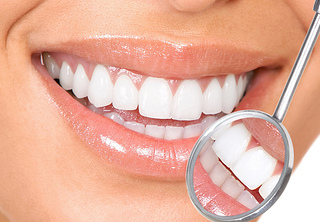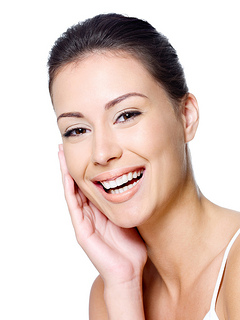I can't stop grinding my teeth! How can a dentist help?
November 20th, 2019

Dr. Clay Gangwisch, Dr. Mike Grandy, Dr. Daniel Melzer, Dr. Andy Holtery, and Dr. John Miller will tell you that while you are sleep, your mouth may be very active. If you find yourself waking up with headaches, facial pain, neck aches, or a sore jaw, you may have tooth grinding, a condition we also call bruxism.
We see many people who experience some extent of tooth grinding, but a very small percentage of the population actually experiences symptoms severe enough to warrant visiting a doctor. If you continually experience any of the symptoms listed above, we encourage you to give us a call at our Lynn Haven or Panama City Beach office so that we may be able to diagnose and treat the problem.
The most common treatments include:
- Reducing your stress level to help relax your jaw muscles and prevent grinding
- A custom-made night guard to cushion your teeth and protect them from damage
- Changing your eating habits. Coffee, tea, or alcohol before bed can increase your chance of nightly grinding
- If your jaw or teeth are misaligned, Dr. Clay Gangwisch, Dr. Mike Grandy, Dr. Daniel Melzer, Dr. Andy Holtery, and Dr. John Miller may also recommend a brace to decrease grinding.
Grinding your teeth can have serious consequences that, if left untreated, can lead to tooth fractures and damage to the TMJ (temporomandibular joint).
If you think your teeth may not be getting the rest they need at night, we encourage you to give us a call and schedule an appointment with Dr. Clay Gangwisch, Dr. Mike Grandy, Dr. Daniel Melzer, Dr. Andy Holtery, and Dr. John Miller. Call us today!


